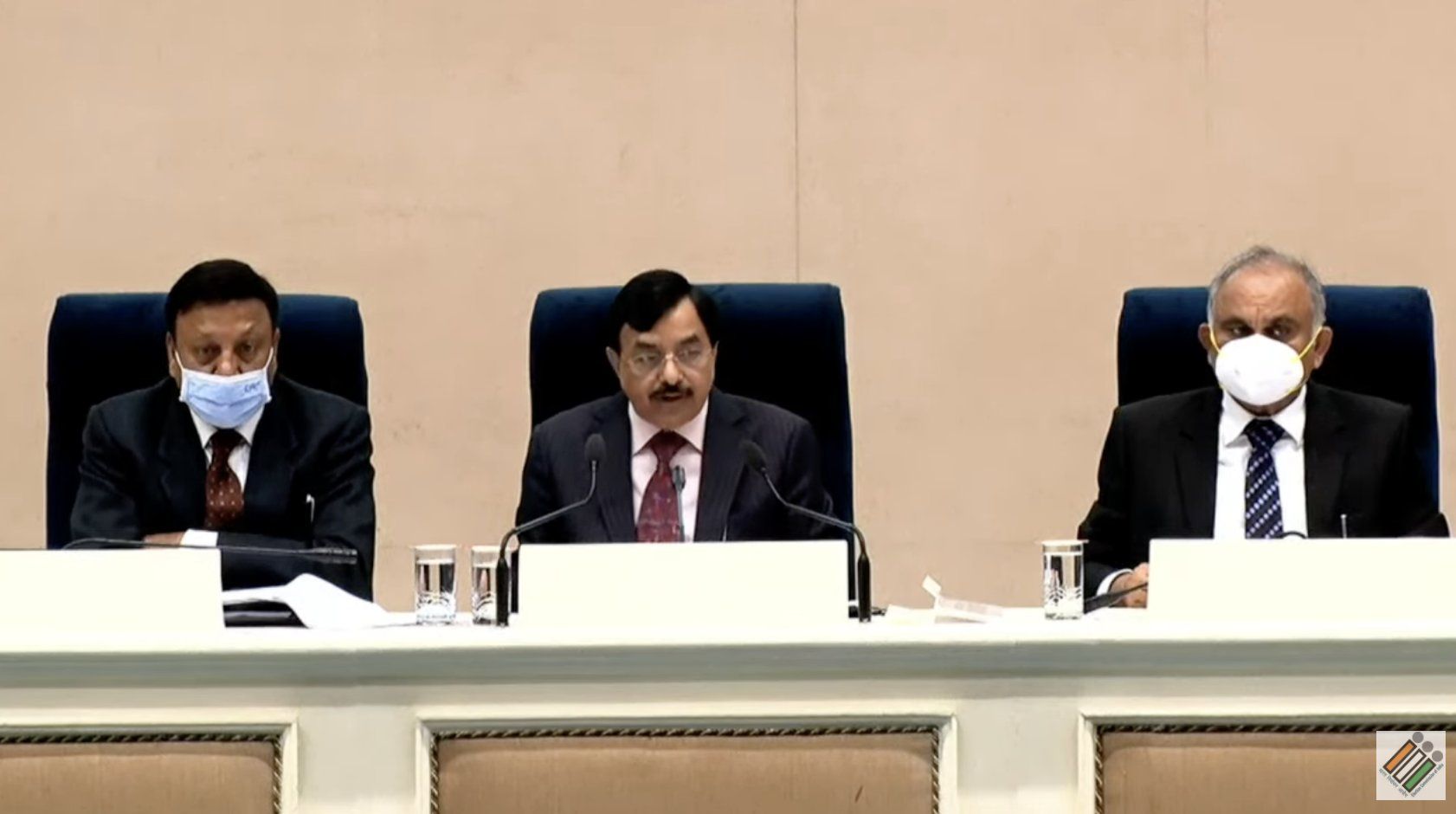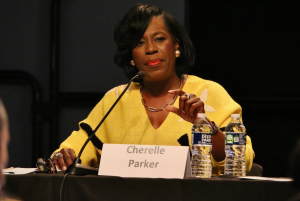Keeping in
mind the alarming surge of Covid-19 cases in the country, the Election
Commission of India (EC) announced a set of guidelines and a code of conduct today
for the upcoming Legislative Assembly elections.
Announcing poll schedules for the states of Uttar Pradesh, Punjab, Uttarakhand, Goa and Manipur, the commission
enforced a Model Code of Conduct, or ‘Aachar
Sanhita’ in the polling states.
The Model
Code of Conduct, or MCC, came into effect immediately after its announcement by Chief
Election Commissioner (CEC) Sushil Chandra. The code of conduct forbids contesting
political parties from declaring any policy decisions and matters. CEC Chandra
added that any political party that fails to abide by the Model Code of
Conduct, will face strict repercussions.
The code of
conduct applies to all political parties, ruling governments, government officials,
contesting candidates, and polling agents, and will stay in force until poll
results are declared.
Also Read: Online nomination, transperancy of criminal records among ECI guidelines for 2022 Assembly elections
The rules are laid down to rule out
any means of political misconduct. In case the code is contravened by any
means, the candidate could either land into trouble, or the election would be
nullified. If a complaint regarding an individual or party is submitted, the alleged
wrongdoer would have to dismiss or accept the allegation in a written document
to the poll panel.
Also Read: Election officers will get 3rd dose, says CEC Sushil Chandra
The Model Code
of Conduct prohibits certain acts of misconduct, including the following-
1. Any political party or
candidate building hatred or tension between communities
2. Criticising opposition
parties outside matters of policies or political work
3. Spreading propaganda through
caste appeal and using religious places to propagate
4. Getting involved in
corrupt and unfair practices, including bribes, voter identity theft, impersonation,
and intimidation
5. Campaigning in a 100
meters range of polling station
6. Holding public
gatherings and meetings in 48 hours during the polling period
7. Providing
transportation and other conveyance to voters
8. Permitting followers
to use any individual’s property, including walls, buildings, and land without
permission of the said individual
9. Permitting followers
or supporters to cause disruptions through processions, meetings, etc.







